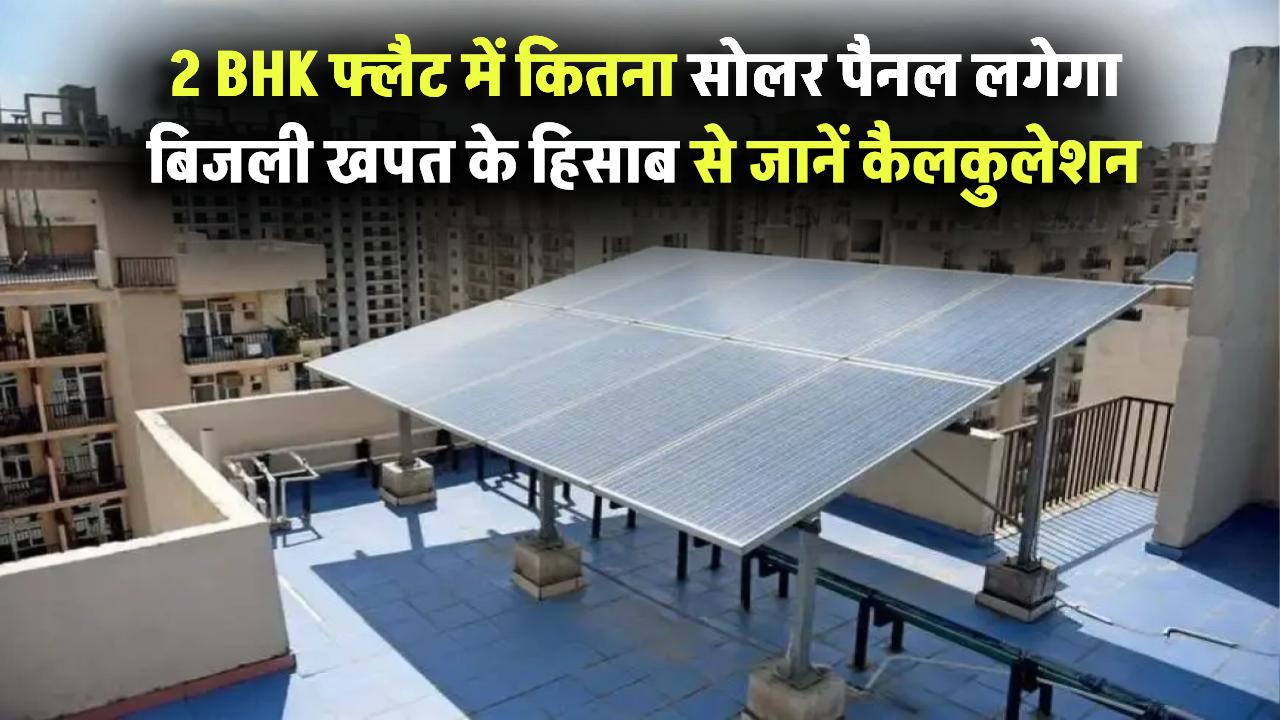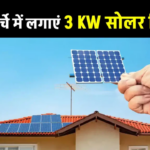
UK solar adoption is seeing a record-breaking surge in 2025, driven by robust government initiatives aimed at achieving a greener, more sustainable future. With a goal of reaching net-zero emissions by 2050 and 100% clean electricity by 2030, the UK is doubling down on solar energy across households, public buildings, and infrastructure. The government has made solar more accessible than ever through mandatory solar mandates for new homes, financial incentives, and expanded public sector adoption.
In this article, we’ll explore how these policies are reshaping the UK’s energy landscape, what homeowners and renters can gain, and why solar power is becoming a practical, profitable choice for millions.
Also Check: Queensland’s New Regulations for Solar and Wind Farm Projects
Why Solar Energy Matters in the UK Right Now
The UK’s transition to renewable energy, particularly solar, is not just about the environment—it’s also about reducing electricity costs, improving energy security, and creating green jobs. Amid rising energy prices, installing solar panels has become a financially sound investment for many families.
The Clean Power 2030 Action Plan aims to power the UK with 100% clean electricity by 2030, and solar plays a central role. With over 1.5 million UK homes already equipped with solar panels, the momentum is building fast.
Solar Mandate for New Homes by 2027
One of the most impactful policy changes is the mandatory solar panel installation for all new-build homes in England starting in 2027. This initiative is expected to significantly reduce household electricity bills—saving homeowners around £1,000 annually—while contributing to national climate goals.
Developers are required to integrate solar technologies unless structural limitations prevent it. Exceptions are reviewed case-by-case, but the overarching goal is clear: every new roof should contribute to clean energy generation.
Making Solar Affordable for Everyone
0% VAT on Solar Installations
Until March 2027, all residential solar panel and battery storage installations are eligible for 0% VAT. This tax relief makes the upfront cost significantly lower, helping households recoup their investment faster.
Smart Export Guarantee (SEG)
Under the SEG, homeowners can sell surplus energy back to the grid. Energy suppliers pay households for every kilowatt-hour (kWh) exported, effectively turning solar systems into income generators.
ECO4 Scheme
The ECO4 scheme targets low-income and vulnerable households. Eligible applicants can get up to 100% funding for installing solar panels. This program is particularly important in areas struggling with fuel poverty.
Warm Homes Plan
This grant helps social housing tenants and low-income renters upgrade to solar, heat pumps, and insulation. It provides partial to full coverage based on income and location.
Government-Led Solar Installations in Schools and NHS Buildings
Through Great British Energy (GBE), the UK government has earmarked £110 million to fund solar panel installations on 200 NHS buildings and 200 schools by the end of 2025.
- Estimated Savings: £25,000/year per school and £45,000/year per NHS site
- Purpose: Reduce public sector energy bills and lead by example in the clean energy transition
This effort not only benefits public finances but also introduces students and healthcare workers to visible sustainability practices.
Also Check: Canadian Solar Stock Dips 14% in One Week as 3-Year Earnings and Returns Continue to Decline | NASDAQ: CSIQ
UK Solar Capacity Hits 18 GW—and Rising
Between August 2024 and February 2025, the UK added 2 GW of new solar capacity, bringing the total to over 18 GW. This rapid expansion is part of the Clean Power 2030 Action Plan, which supports utility-scale projects and household solar alike.
The sixth round of the Contracts for Difference (CfD) scheme also saw a 50% increase in funding, supporting more solar farms and storage units.
Grid Delays and Workforce Shortage
Despite the progress, grid connection delays and a shortage of trained solar installers remain concerns. To address this, the government launched a Solar Taskforce, focusing on:
- Fast-tracking grid upgrades
- Training programs for solar installation and maintenance
- Ensuring ethical supply chains for solar equipment
This taskforce works closely with industry bodies to streamline processes and accelerate adoption.
Is Solar Right for You? Here’s How to Decide
If you’re considering solar panels, here are key points to keep in mind:
Benefits of Installing Solar
- Save on electricity bills
- Increase property value
- Access government incentives
- Reduce carbon footprint
Things to Consider
- Roof suitability: South-facing roofs work best.
- Upfront costs: Even with incentives, expect £4,000–£7,000.
- Payback period: Usually 6–9 years depending on energy usage.
- Battery storage: Optional, but increases self-consumption of generated power.
For homeowners interested in installing solar panels, consult the Energy Saving Trust for personalized advice.
FAQs
Q1. Will the mandatory solar panel rule apply to all new homes?
Yes, by 2027 all new homes in England must have solar panels unless exemptions apply due to structural or shading issues.
Q2. Can renters or low-income households get solar panels?
Yes, through the Warm Homes Plan and ECO4 Scheme, renters and low-income families can access full or partial funding.
Q3. How much can I earn from the Smart Export Guarantee?
Earnings vary, but typical payments range from 4p to 15p per kWh exported, depending on your energy supplier.
Q4. Do I need planning permission to install solar panels?
In most cases, no—solar panels fall under permitted development rights. Exceptions apply in conservation areas or on listed buildings.
Also Check: What percentage of U.S. solar panels are made in China? You’ll Be Shocked by the Numbers!








